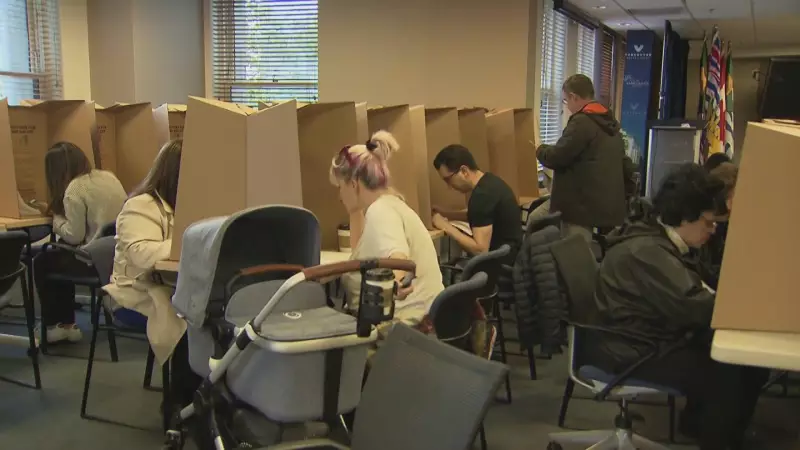
In a decisive vote that has sparked debate about youth representation in municipal politics, Vancouver City Council has rejected a motion to lower the voting age to 16 for local elections.
The proposal, championed by progressive councillors and youth advocacy groups, failed to gain sufficient support during Wednesday's council meeting. The motion would have allowed approximately 15,000 Vancouver residents aged 16 and 17 to participate in choosing their municipal leaders.
The Case for Youth Representation
Proponents of the measure presented compelling arguments for expanding voting rights to younger citizens. They emphasized that many teenagers are directly affected by municipal decisions regarding public transit, climate action, community centers, and recreational facilities.
"Young people are driving climate action, they're taking transit to school every day, they're using our community centers," argued one councillor supporting the measure. "They deserve a say in the decisions that shape their city and their future."
Opposition Concerns and Alternative Approach
Council members who opposed the measure expressed concerns about the maturity level of 16-year-olds and questioned whether they possess sufficient life experience to make informed voting decisions.
Instead of lowering the voting age, the majority of council members endorsed an alternative approach focused on enhanced civic education. This includes implementing a "civics 101" program in schools and creating more opportunities for youth engagement through advisory committees and consultation processes.
Broader Context and Future Implications
The Vancouver decision comes as several Canadian municipalities and provinces consider similar voting age reforms. While the motion failed in Vancouver, the debate has highlighted growing momentum for youth political engagement across the country.
Advocates for lowering the voting age point to successful implementations in other jurisdictions, including municipal elections in several European countries where 16-year-olds have been voting for years without significant issues.
The rejection leaves Vancouver's voting age unchanged at 18, meaning the city's younger residents will continue to watch municipal decisions from the sidelines until they reach the current legal voting threshold.





